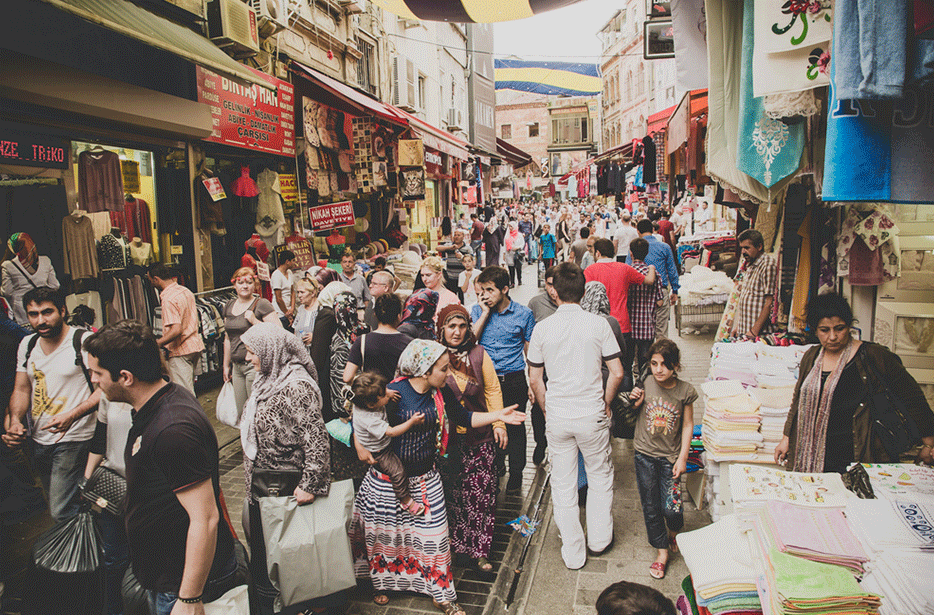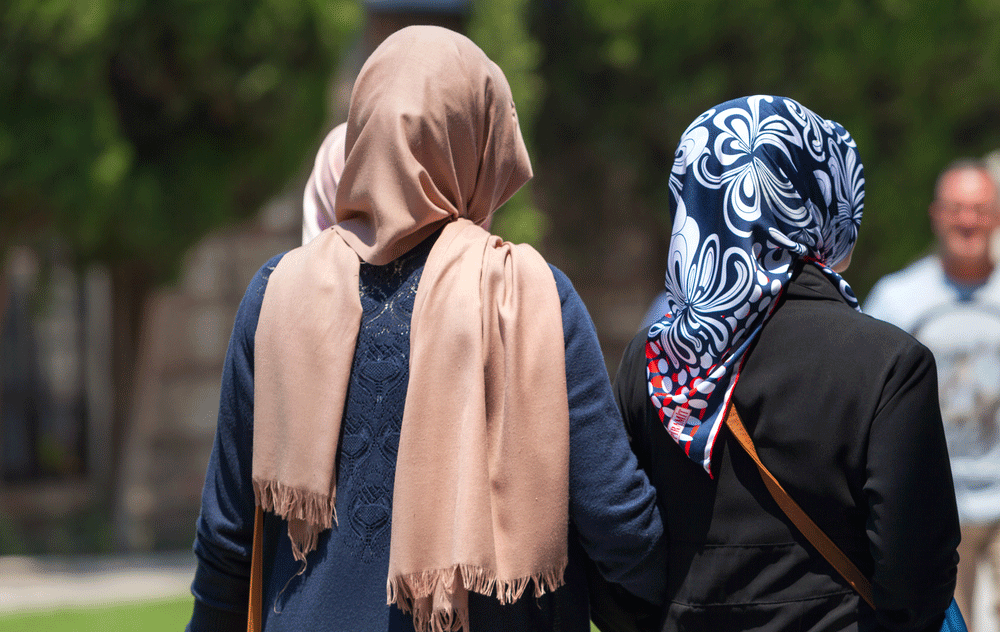If you are planning a trip to a country in the Middle East, especially if this will be your first time visiting the region, you will do well to brush up on your Middle Eastern etiquette, particularly in the local area that you’ll be travelling to. You wouldn’t want to inadvertently offend someone simply because you were unaware of the culture. In this day and age, all the answers are no further than a Google search away, but to simply things, here are 5 important bits of middle eastern etiquette to keep in mind.
With that being said, travellers should not be put off visiting the Middle East because of these rules. While there are many stories surrounding laws that do not exist in Western culture, particularly in stricter areas like Saudi Arabia and the United Arab Emirates (Going to Dubai? Read this), as long as you follow the lead of the locals, you’ll be fine.
Middle Eastern Etiquette – Female Dress
One of the most well-known customs in Middle Eastern culture is female dress. While in Western countries, we don’t bat an eyelid at a woman wearing short shorts and a crop top in summer, this simply is not the case in the Middle East.
In predominantly Muslim countries, women should dress conservatively. This means covering arms and legs so as not to cause offence, as well as avoiding some rather awkward stares in the streets by the locals. A lightweight scarf is an accessory that female travellers should have on them, as it easily doubles as an additional covering should they need it.
Middle Eastern Etiquette – When in Rome
When in Rome, do as the Romans do – that rule is never better applied than when visiting the Middle East and thinking about Middle Eastern etiquette. Simple things such as observing where to cross the road, places to eat and street attire (as well as women, men should also keep their legs covered), do as the locals do.
Pickpockets prey upon tourists, especially if they look as though they are lost or unsure of themselves. Look confident, even if inside you feel completely out of place.
Middle Eastern Etiquette – Persistent Traders
One thing that you are guaranteed to find when you venture out into ta marketplace is that local traders are far more persistent than those in Western countries. What you must remember is that this is how they make a living, so think twice before losing your cool. – Be careful in markets, as they are a hotbed for scams (read about how to avoid Istanbul Scams and Scams in Turkey)
Rather than enter a long dialogue explaining why you don’t want to purchase an item, best etiquette in the Middle East is to simply reply with a clear but firm ‘no, thank you’ – even better if you say ‘la, shokran’, which is Arabic for ‘no, thank you’. Traders don’t want to waste their time any more than you do, and will usually look for another customer.
Middle Eastern Etiquette – Religious Culture
In the Middle East, religion is incredibly important and taken very seriously. If you ever travel to the region during the holy month of Ramadan, you will find that streets are quiet during the day, as this is when practising Muslims are fasting.
As well as abstaining from food and drink during daylight hours, Muslims will also give to charity in a practice that is referred to as zakat or fitrana. While non-Muslim tourists are not expected to follow these religious practices, showing respect by not eating or drinking in public is looked kindly upon. In many cities, particularly those with high levels of tourism, some restaurants will be open specifically for tourists, where they can eat and drink in private away from those who are fasting.
Middle Eastern Etiquette – Islamic Etiquette
Finally, before travelling to the Middle East, whether on holiday or business purposes, familiarising yourself with Middle Eastern etiquette is a must. It is common for Arab men to greet each other with hugs, as opposed to the simple handshake that is applied in Western culture. On top of this, it is also not uncommon to see two men holding hands – this is a sign of friendship in the Middle East, rather than holding any romantic significance.
In Islam, respecting one’s elders is very important, and it is best practice to wait for elders to speak first. This is also why older members of any party are usually greeted first, working down to the youngest.
When travelling to any country in the Middles East, try following these 5 bits of Middle Eastern etiquette and you will gain the respect of locals, allowing you to enjoy the famous beauty that distinctly unique culture that this ancient region has to offer.


